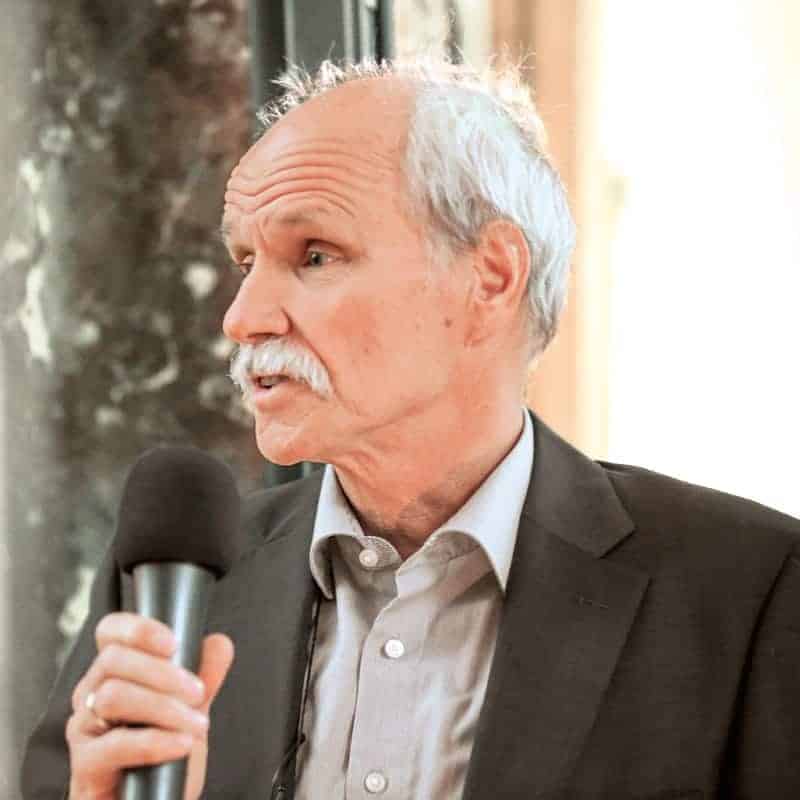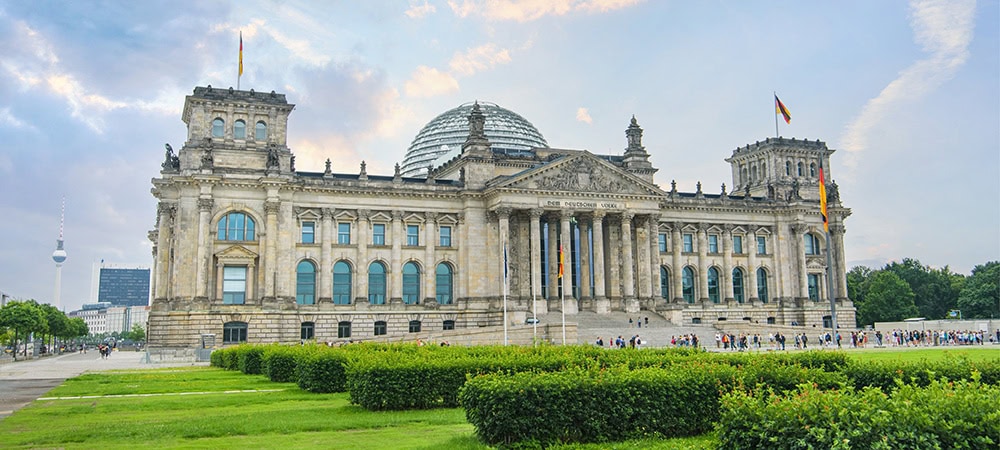A marathon for IT - a half marathon for the energy industry


What products did you start with?
Wolfgang Dörr: With concrete products, actually less so. We all started at the university with the Univac 1108, an old "pre-war" machine. We developed customer solutions with IBM midrange computers starting with IBM/3 up to IBM/38 and then via the AS/400 up to the i5 today. To say the least: The customer base was not quite as spendy as the mainframe companies.
That's why SAP, for example, is a completely different success story. Their customers were a little looser with their money. That's a huge difference, and it's easier to create products with it. Basically, SAP didn't do anything different than we did: They sucked the honey out of their customer installations and said: Hooray, we have a standard.
In contrast, we developed products on demand, such as order processing. It started with accounting, i.e. financial and asset accounting, and then at some point it was the turn of the first ERP module for sales, procurement or later production control.
What challenges does the long-standing SAP collaboration offer?
DörrThe differences in size were not dramatic in the 1980s, but our potential was moderate compared to what SAP was able to realize. That's why there were never any sensitivities on our part toward SAP. We always held Walldorf in high esteem and recognized its classy job in a different market environment.
We knew the names, we were in close proximity, but we never had any major contact with each other until 1995, when we negotiated our system house contract with SAP. At that time, Dietmar Hopp was still negotiating with us. At that time, we signed one of the first system house contracts with SAP.

The difference to today is the clear announcement. You had to accept that the big partner dictates what music is played. You couldn't get around that. You don't have to think about who set the guidelines. But our dealings with Dietmar Hopp were always characterized by fairness.
Not the buddy-buddy type, for God's sake, he certainly isn't; but he had understanding for the other person's situation and sometimes gave in. That is different from today, because today it is very difficult to associate the word "yielded" with SAP.
What is important at SAP today?
DörrIt is important to know a few people personally among the many thousands of employees with whom you can exchange ideas in case of doubt, where you can - as the saying goes - get things moving through official channels. Of course, you can't bypass the administration, otherwise there will be trouble with the legal department.
I have said from the very beginning: He who eats with the devil must have a long spoon. This now probably applies to all the big players if you want to do business with them as a small player. As an SAP partner, we depend on their products and we want to work with SAP customers.
Consequently, it is clear that we have to create a good climate and arrangement with Walldorf. In principle, we have little to do with the holding company, SAP SE, but work primarily with the national companies. However, there was a time when profit was the absolute priority at SAP.
But if you "flatten" the partner world, then you ultimately get nothing out of it. That has been understood in the meantime. Recently, cooperation has become better and easier again.
What are the special features of your group of companies?
DörrIn the beginning, we hired a lot of students from the University of Karlsruhe. They had never had another employer before. A positive signal and something special for them was to see that the bosses really cooperated. A Dörr who was on the mat at their desk by eight o'clock in the morning at the latest and worked like everyone else.
That is certainly a point that was obviously not so self-evident at other companies. Then there are the degrees of freedom. We had trust-based working hours right from the start. We have always clearly addressed these advantages in job interviews.
What were the reasons for setting up the Energy division?
DörrOur solution, which was based on our own ERP solution, ran into the nineties, but we didn't have any future opportunities. We would have had to set it up again, but that was not economically feasible. The question was: What do we do with our know-how? With SAP, we opted for a competitor's product at the time.
That made sense, since we had a system house contract. In 1998, we were nominated for IS-U. In 2001, we went live with our first customer. Today, I can say that the decision was right.
Thank you for the interview.





